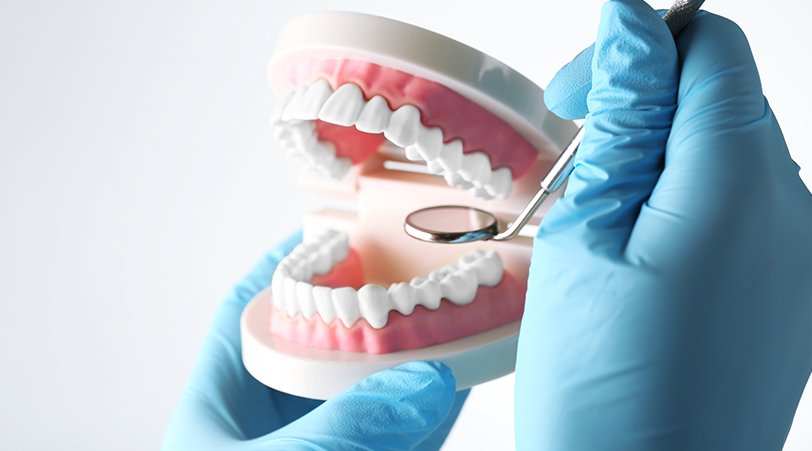Carrying the title of Dr. before your name garners a lot of attention and never goes out of style. But what one often forgets is the hours of hard work and sleepless nights that goes behind it. If dentistry is your thing, then UK definitely houses some of the top schools.
Truth being told, dentistry does not fall into my realms. However, while reading a little for a friend, I came across the below information which hopefully will help the future doctors stopping by here.
In UK, there are four main steps to becoming a dentist:
1. A levels or Equivalent: Requirements vary at each university, but Biology and Chemistry are considered as required subjects.
2. Undergraduate Degree: Most degrees take 5 years to complete.
3. Registering with the General Dental Council: Registering as a qualified UK dentist.
4. Dental Foundation Training: After completing your Bachelor’s degree, you will have to practice for one year under experienced general dental practitioners
Entry requirements vary at each University. However, in general you will need the following:
- Typical International Baccalaureate requirements: 37 points.
- Typical A-levels requirements: AAA to AAB including Chemistry and Biology.
- Typical IELTS requirements: 7.0 overall, with no lower than 6.5 in any one component.
- Passing the UKCAT or BMAT tests
- A successful interview
- An excellent personal statement
- Evidence of genuine interest in the subject, such as work experience
There are a number of Universities in UK, which offer varied dentistry courses. You can get further information on the course, requirements, fee and others here.
Once you graduate, you can expect an Average starting professional salary of £31,000.
Sources:
The Complete University Guide UK
Studying in UK
Bellerbys College

